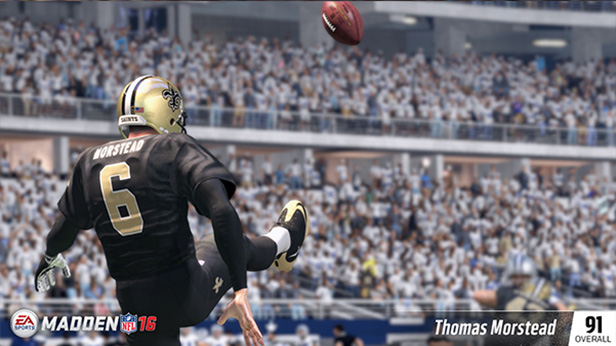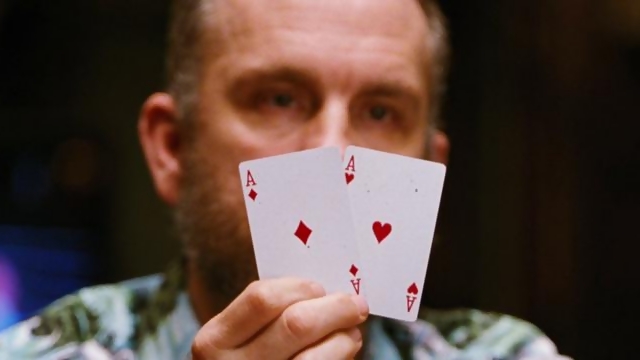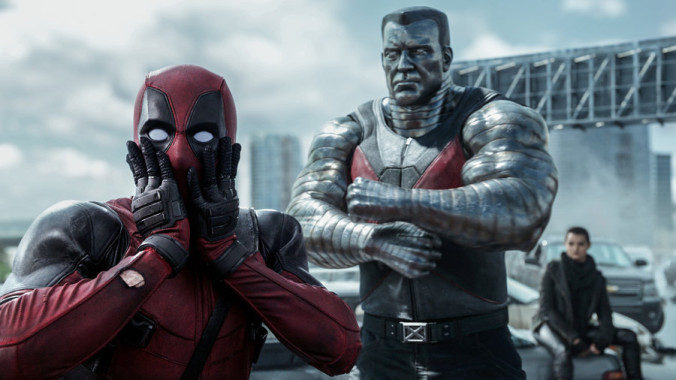In January 2015, in Davis v. Electronic Arts Inc., the United States Court of Appeals for the Ninth Circuit held that the makers of the extremely popular Madden NFL video game series could not overcome former players’ claims for violation of publicity rights by claiming First Amendment protections.[1] Electronic Arts Inc., the Defendant and the maker of the game, eventually appealed to the United States Supreme Court on grounds that they are essentially being penalized for making a game that is “too realistic” and life-like.[2] An emboldened use of the “we are just too good at our jobs” defense, perhaps?
On Monday, March 21, 2016, without any further commentary, the Supreme Court denied EA Sports’ petition to hear the appeal. Procedurally, this is called a denial of certiorari, and it means that the Ninth Circuit’s verdict remains the final judicial determination on the issues presented. Colloquially speaking, and while maintaining the proper sports metaphors, this means the Supreme Court punted.
But what really is the issue here? Where do publicity rights end and the First Amendment begins? Why does EA Sports contend that it has no obligation to pay retired professional athletes for the use of their images and likeness rights?




Recent Comments